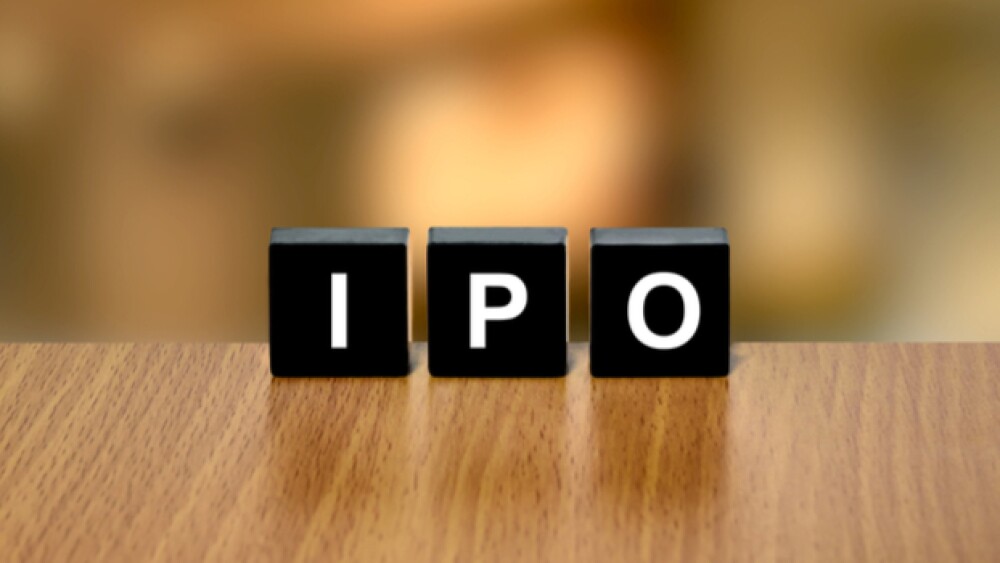Revolution Medicines snagged $238 million through its initial public offering to support the development of the company’s pipeline of drugs that target the RAS pathway, including its lead clinical candidate.
Revolution Medicines snagged $238 million through its initial public offering to support the development of the company’s pipeline of drugs that target the RAS pathway, including its lead clinical candidate.
Shares of California-based Revolution Medicines are expected to begin trading on the Nasdaq today at $17 per share. The stock will trade under the ticker symbol “RVMD.” The IPO comes less than a year after the company raised $100 million in a Series C financing round to support the development of its pipeline.
Revolution Medicine is focused on the development of novel therapies that will inhibit RAS and mTOR signaling pathways. The RAS pathway, also known as the MAPK/ERK pathway, is a group of proteins within a cell that sends signals from cell-surface receptors to the DNA in the nucleus of the cell. The company’s lead candidate is RMC-4630, a clinical-stage drug candidate that is designed to selectively inhibit the activity of SHP2, which plays an important role in multiple forms of cancer and in regulating the immune system. The pathway is frequently hyperactive in human cancers. The research has shown that some mutated forms of proteins in the RAS-MAP kinase pathway depend on SHP2 for their oncogenic activity. Revolution is developing RMC-4630 with Sanofi. The medicine is currently being evaluated in a Phase I/II trial for a range of tumor types featuring specific oncogenic mutations.
In November, Revolution and Amgen also struck a deal over RMC-4630. The companies will pair Revolution’s asset with AMG 510, Amgen’s investigational KRAS-G12C inhibitor. Amgen will conduct a Phase 1b clinical trial evaluating the safety, tolerability, pharmacokinetics, and efficacy of AMG 510 in combination with RMC‑4630 in subjects with advanced solid tumors harboring the KRAS-G12C mutation. Preclinical and clinical research has shown that cancers caused by KRAS-G12C and other RAS pathway mutations exhibit “oncogene addiction,” in which tumor cells are highly dependent on RAS pathway signaling to survive, Revolution said when the two companies tied up the agreement.
Additionally, the company is developing a broad portfolio of inhibitors of other key frontier oncology targets within the notorious RAS pathway, as well as the related mTOR signaling cascade. These include inhibitors of multiple mutant RAS proteins and SOS1, as well as RMC-5552, a development candidate within the company’s 4EBP1/mTORC1 program currently in IND-enabling studies. The company intends to spend a significant chunk of its IPO funds, between $150 million and $175 million according to its prospectus, to bring one or more of these early programs into the clinic.





